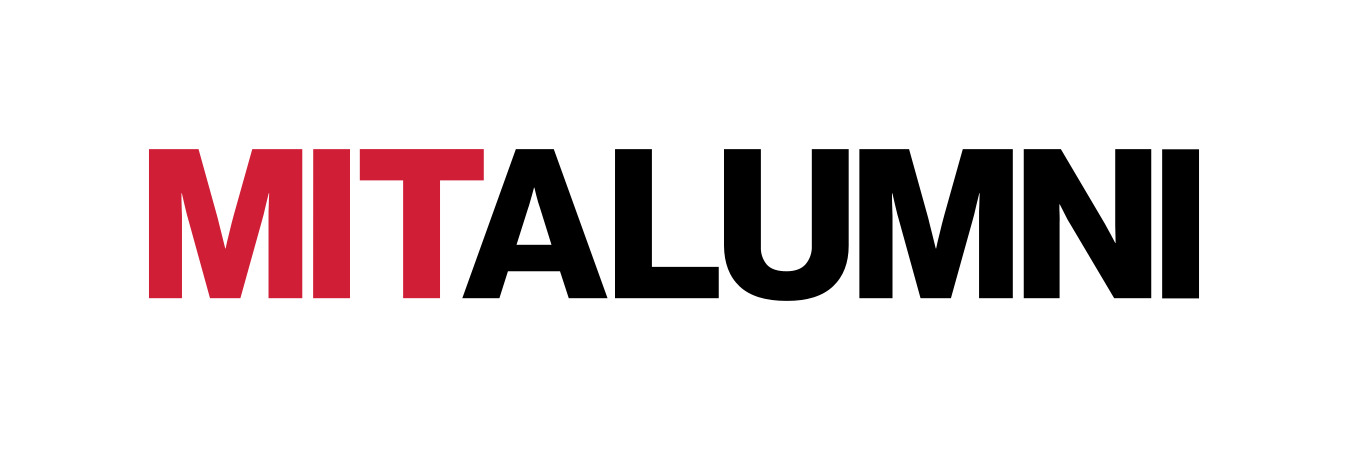Vote in the 2024 AASC Election
Vote for New Members to the
MIT Alumni Association Selection Committee (AASC)
Online voting is now underway for new members of the MIT Alumni Association Selection Committee (AASC). The AASC is the only arm of MIT’s or the Alumni Association’s governance which is open to direct election by the alumni at large. The AASC selects both the upcoming president of the Alumni Association and the directors of the Alumni Association Board of Directors. The MIT AA President later becomes a member of the MIT Corporation, and Board Directors are sometimes candidates for positions on the Corporation as well. The AASC election is the only time when the alumni at large can vote to influence the governance of MIT. Alumni elected to the AASC serve a three-year term.

MFSA encourages all of its MIT alumni members to participate in this important election and to make their voices heard.
MFSA is non-partisan and does not endorse any specific candidate for the AASC.
Eight candidates are on the ballot this year, including Steve Carhart, a member of MFSA’s Executive Committee and Chair of its External Relations Committee. The ballot allows each voter to rank all eight candidates from first choice to eighth choice. The ballots will be counted using a ranked choice scoring algorithm, more information on which is available on the AASC’s FAQ page and in our guidance below.
The Alumni Association places strict limits on candidate statements, and also limits what information it provides on candidates. While we encourage alumni to conduct their own research on the AASC candidates, we offer some observations, all of which can be verified independently:
- Wayne Stargardt, the current president of MFSA, was elected to the AASC in 2023. His candidate statement uniquely advocated for preserving MIT's exceptionalism by restoring the standards, values, and culture that made it the leading STEM university.
- Six of the eight AASC candidates have previously served terms on the Alumni Association Board of Directors.
- In fact, two of the AASC nominees were serving on the Alumni Association Board of Directors at the time of the cancellation of Prof. Dorian Abbot’s Carlson Lecture. The Board remained silent over the cancellation. The President of that Board participated in gaslighting the alumni about what had happened.
Guidance on Ranked Choice Voting
For the 2024 election to the MIT Alumni Association Selection Committee (AASC), there are eight candidates nominated for three open positions. The ballot allows each voter to rank all eight candidates from first choice to eighth choice. The ballots will be counted using a ranked choice scoring algorithm, more information on which is available on the AASC’s FAQ page.
In his emailed note announcing the opening of the election, the MIT Alumni Association President Robert Wickham says "the more candidates that you rank, the greater the impact of your vote."
This may not be true, however, depending on how one is predisposed for or against lesser-choice candidates.
Ranked choice ballots are initially scored on the first-place choice on those ballots. If a ballot’s first preferred choice candidate receives the fewest first-place votes of the eight candidates (in this case), then that candidate is eliminated. Instead, its remaining votes are recounted, with that ballot's second choice candidate now being counted as if it had been the first choice. The candidate elimination process and the re-ranking of the ballot's remaining choices continues until the field gets winnowed down to only three candidates remaining receiving votes, both first choice and re-ranked votes. In this way a vote for a lower preference candidate could actually end up boosting that less preferred candidate into victory.
The only truly effective way to vote against less-preferred candidates, then, is to not rank them. This is called bullet voting. It is perfectly acceptable in rank choice voting to leave some or most of the candidates unranked. This way, one is assured of having their ballot support only those candidates they strongly support.